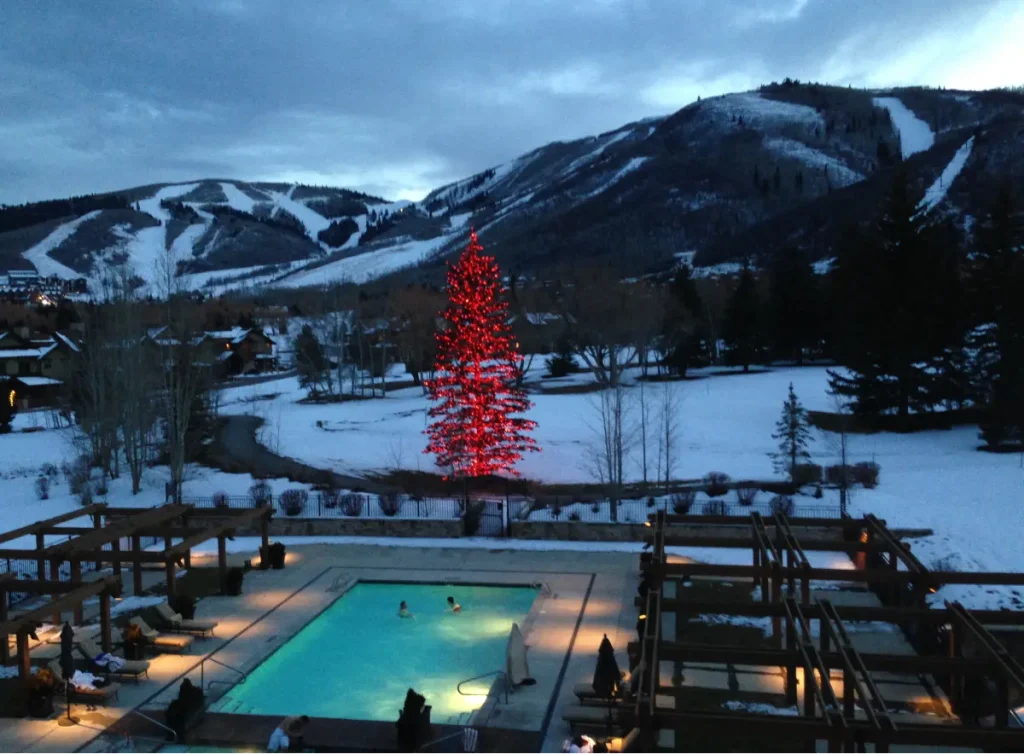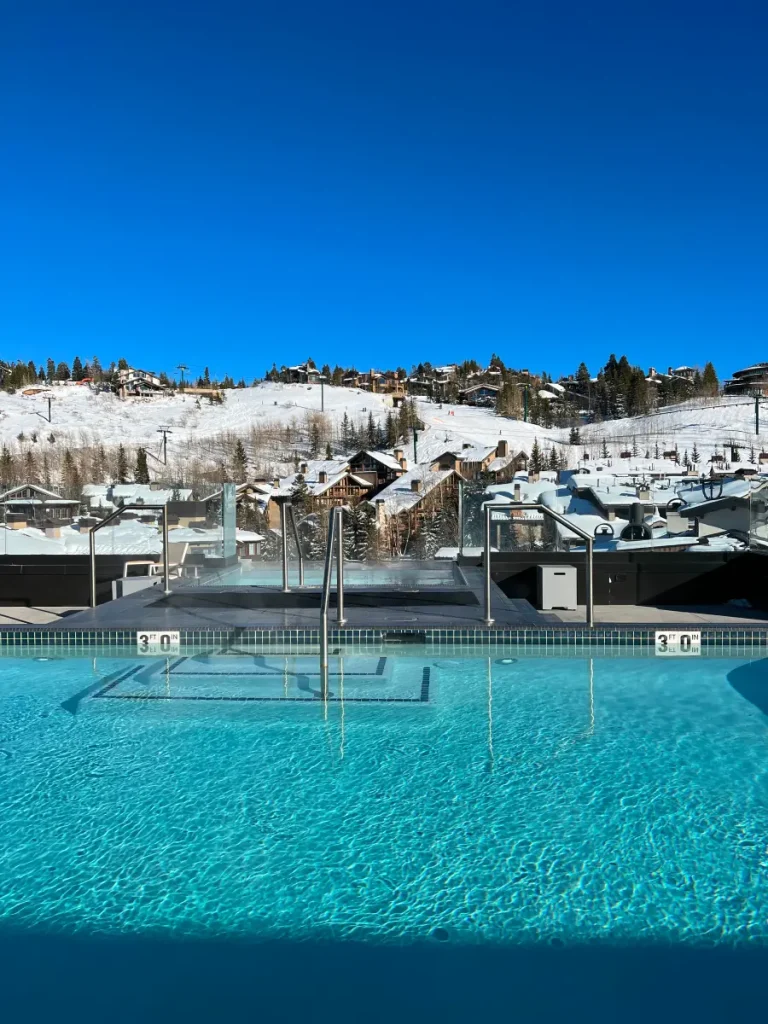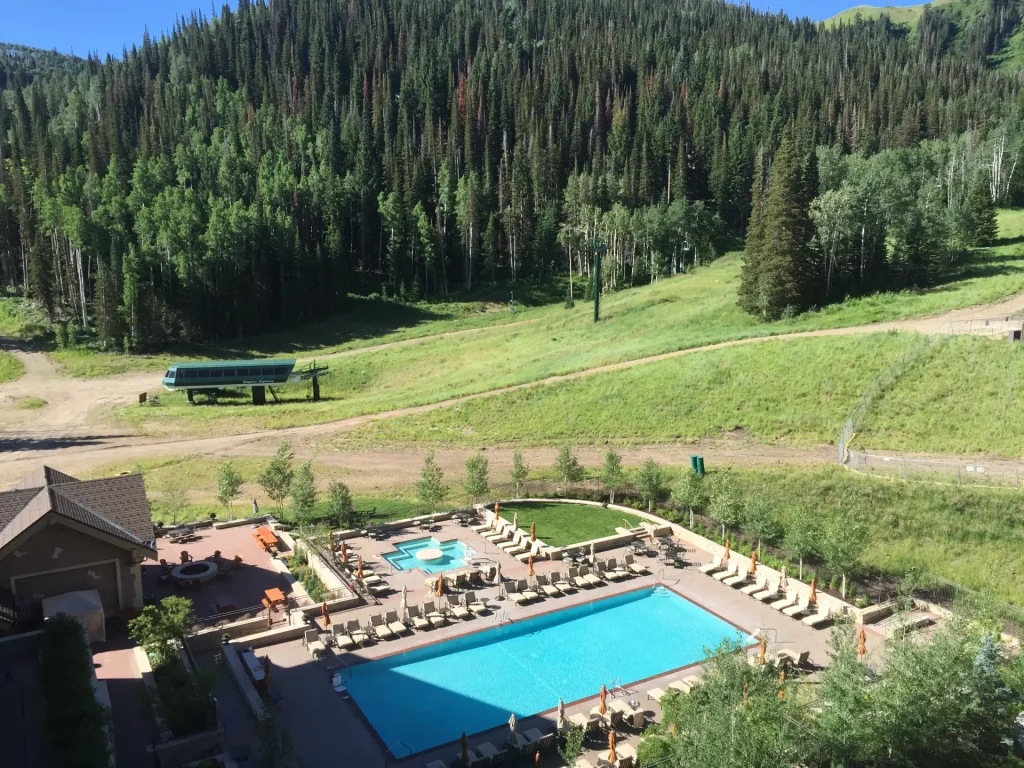Two years ago, we talked with clients who were thinking about selling their condominium. They wanted to wait a few months to list, as they planned to stay there one more time before selling. The real estate market was red hot at the time. By the time they were ready to sell, their Homeowners Association (HOA) had passed an assessment that would cost them over $100,000.
To make matters worse, it would be impossible to list and sell their condominium while the entire exterior of the condominium project was under construction. Several other condominiums in the project changed hands just before the passing of the assessment. Did those buyers understand what they were getting into?

If you’re considering purchasing a property in the Park City area, understanding the community’s HOA is critical. HOA fees, transfer fees, and special assessments can significantly impact your costs and overall experience as a homeowner. Here’s what you need to know to effectively navigate HOA fees in Park City’s neighborhoods.
What Are HOA Fees and Why Do They Exist?
Homeowners Association (HOA) fees are monthly or annual charges paid by homeowners in a community. These fees are used to cover the costs of maintaining common areas and amenities, such as pools, gyms, and landscaping. In some instances, utilities are included. In Park City, where many communities offer amenities like fitness centers, pools, hot tubs, and clubhouses, HOA fees vary widely.
What is a Transfer Fee?
A transfer fee is paid to the HOA when the property changes ownership. These fees are charged by HOAs as a way to raise funds without increasing dues or passing special assessments. They can vary from $250 to 2% of the purchase price. The responsibility of the transfer fee is negotiated as part of the purchase contract.
Typical HOA Fees in Park City
The amount of HOA fees in Park City can differ significantly depending on the neighborhood and the amenities provided. For example:
- Deer Valley and Canyons Village: In resort areas like Deer Valley and Canyons Village, where many of the properties are condo-hotels and include a vast number of amenities (think pools, hot tubs, fitness centers, valet parking, shuttles, etc.) HOA fees can exceed $1,500 per month.
- Jeremy Ranch and Pinebrook: For neighborhoods like Jeremy Ranch and Pinebrook, which are more residential with fewer shared amenities, HOA fees are typically lower, ranging from $250-$1000 per year.
It’s important to note that these are typical ranges, and fees can vary even within a neighborhood based on the specific property and the services included. HOA fees also can be assessed based on the square footage of the unit, so the owner of a 3-bedroom unit would pay more than a studio.

What Do HOA Fees Cover?
HOA fees typically cover a range of services and amenities, including the following:
Maintenance of Common Areas
This includes landscaping, snow removal, and general upkeep of shared spaces like clubhouses, pools, and fitness centers.
Utilities
Some HOAs cover utilities like water, sewer, and trash removal, while others may include more comprehensive services like cable and internet. (On a side note, Utah has some of the lowest average utilities cost per month nationwide.)
Security
Gated communities or those with enhanced security features may have higher fees to cover the cost of security personnel and systems.
Reserve Funds
By law, a portion of HOA fees must go into a reserve fund for future major repairs or improvements.
Special Assessment HOA Increases and Reserve Funds
While regular HOA fees cover ongoing expenses, homeowners should be aware of special assessments, like the one I mentioned at the beginning of this post. These are additional charges that HOAs may levy to cover unexpected expenses or major projects that the reserve fund doesn’t cover. For instance, if a community needs a new roof or to repave roads, the HOA may impose a special assessment to fund these projects. We owned a condominium in a building that needed a costly elevator repair. Each unit was assessed around $5,000 so the HOA would not deplete its reserves.
It’s wise to inquire about the health of the HOA’s reserve fund. A well-funded reserve means the HOA is prepared for future repairs and improvements without needing to levy special assessments.

How to Evaluate HOA Fees When Buying
When considering a property in Park City, it’s crucial to evaluate the HOA fees and what they cover. Here are a few tips to help you.
Review HOA Documents
Always ask for the HOA’s financial statements, bylaws, and meeting minutes. These documents will provide insight into the association’s financial health, planned projects, and potential for special assessments.
Understand the Rules
HOAs often have rules about property use, maintenance, and rentals. Make sure these align with your lifestyle and plans for the property.
Compare Fees
Look at HOA fees in similar communities to ensure the fees are reasonable for the amenities and services provided.
Consider Long-Term Costs
Remember that while lower HOA fees might seem attractive, they could also mean less money set aside for future maintenance, leading to potential special assessments or deferred maintenance issues.
Capital Funds
Some condo-hotels include a capital reserve fund for the scheduled replacement of mattresses, carpets, and other furnishings. It’s important to understand if the property you are purchasing includes a capital fund, if it transfers to the new owner, and how the fund can be used.
Understanding HOA fees is a vital part of buying property in Park City. Whether you are looking for a luxury condo-hotel with amenities or a single-family home, being aware of the associated costs will prevent surprises. By taking the time to thoroughly evaluate HOA fees and what they entail, you can feel confident about your purchase.
We sell properties in every corner of Park City and the Kamas and Heber Valleys and we always share our insider knowledge of HOAs with our clients.